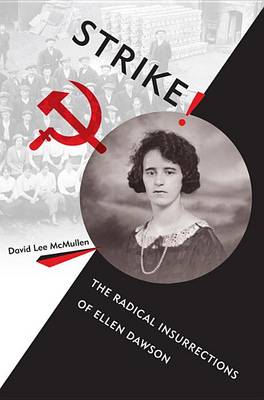Working in the Americas
1 total work
Very little has been written about the background of pre-World War II labor leaders, especially of working-class women. This book fills in the gaps by tracing the history of Ellen Dawson through Scotland, England, and the United States. Anyone interested in labor history or women's history will find this book of great use.--Daniel Lee Georgianna, University of Massachusetts, Dartmouth ""Paints a vivid portrait of the people, places, and events that shaped Dawson and that she, in turn, shaped. Offers interesting comparisons and contrasts between the labor struggles of an ethnically diverse work force in the northeast and those of a largely homogenous white working class south.""--Mary Anne Trasciatti, Hofstra University. This is the first biography of Ellen Dawson (1900-1967), a Scottish woman who participated in three of the largest and most dramatic textile strikes in U.S. history--Passaic, New Jersey; New Bedford, Massachusetts; and Gastonia, North Carolina. She helped organize the National Textile Workers Union and became the first woman elected to a national leadership position in an American textile union. She spent her formative years in the Glasgow area as a young worker during Scotland's most radical period of labor history. With her family she moved first to England and then to the United States in search of economic survival. As a textile worker in Passaic, she became a leader in the communist-inspired strike of 1926. Later a labor activist working with both the American Federation of Labor and the Communist Party, she traveled to the Soviet Union and was elected to the executive committee of the American Communist Party. David McMullen investigates Dawson's background and the events surrounding her life, as well as the events she participated in to understand why she became a leading labor activist. This remarkable biography provides an unrivaled perspective of early American communists during the 1920s and 1930s, one that ignores the distortions so commonly applied during the Cold War.
